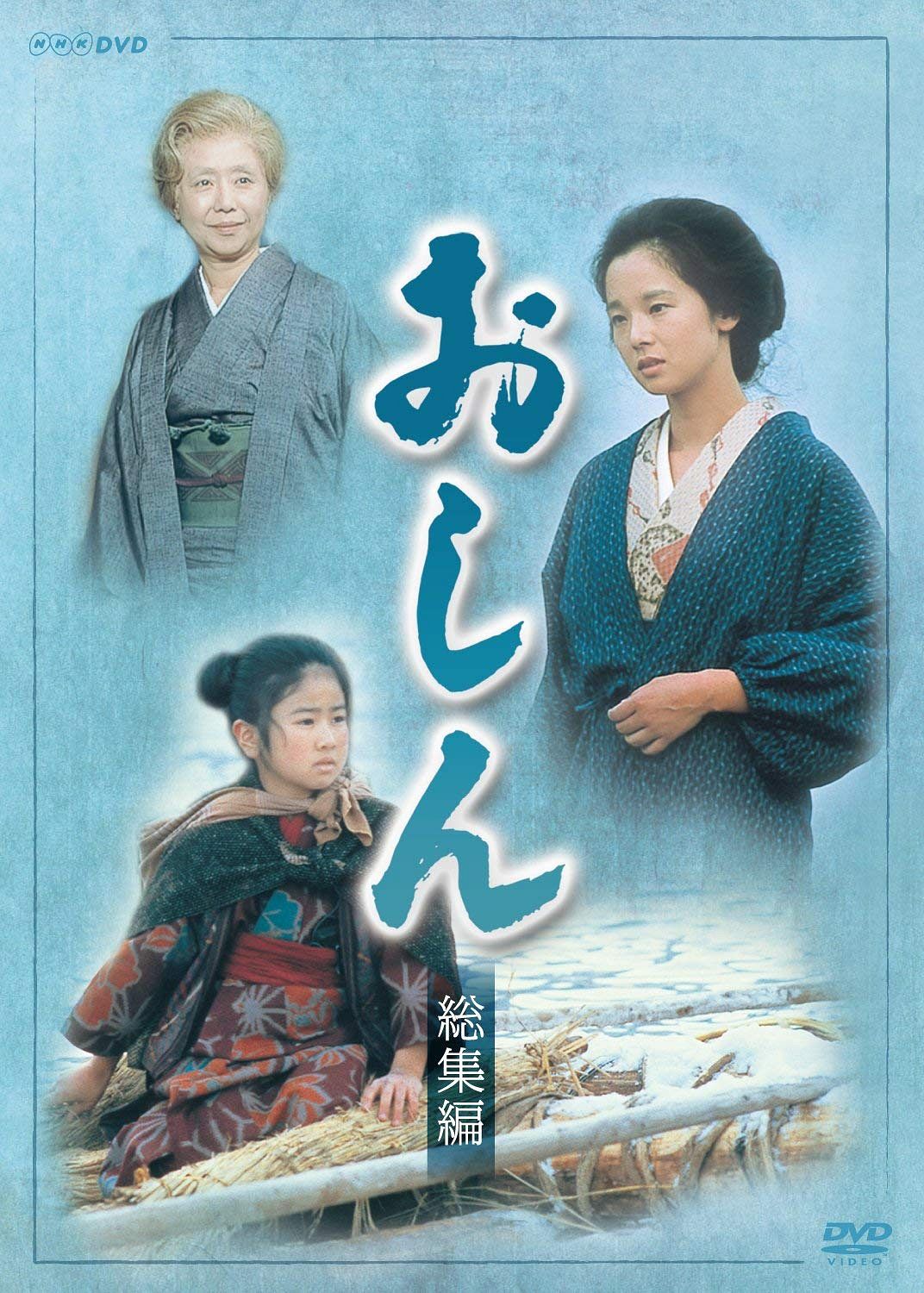It’s not uncommon to come across words in everyday conversations that have roots in the French language. Albeit less frequently, a handful of Russian and English loan words have also made their way into our lives at times, but for a term of Japanese origin to have taken root deep in the collective psyche of Vietnamese, that’s rare.
Ô sin is a common term used to describe domestic helpers in Vietnam, in addition to other words like người giúp việc, người ở, con sen, etc. — each with different degrees of respect. The term originated from a television soap opera that Japanese national broadcaster NHK aired in 1983–1984 by the same name, おしん (Oshin). The series was an epic chronicling the life of the main character Tanokura Shin from when she was born in the late Meiji period to the early 1980s. It was screened in Vietnam for the first time in 1994 on VTV1 and later in 2012 on HTV3.

Oshin is portrayed by three actresses, one for each life stage: Nobuko Otoba (middle-aged to elderly), Yuko Tanaka (adult), and Ayako Kobayashi (adolescent).
Throughout the 297 episodes of the series, Oshin’s life was marked by extreme hardships and poverty, especially during her childhood when she worked as a servant for two different families. These rather traumatizing events contributed greatly to the adaptation of her name in Vietnamese as a shorthand for servitude. During a decade with scant entertainment options, whatever was shown on state TV would inevitably become a national phenomenon, so Oshin became ô sin.
It’s interesting to note the differences in cultural impact Oshin had on two countries, though the series was widely popular in both. The Japanese practice of adding o (お) to a person’s name started from the Muromachi period (1336–1573) to show respect and politeness, so right from the series name, Oshin is already established to be a revered figure. In Japan, Oshin is often seen as a symbol of resilience and courage, and the “Oshin diet” refers to a period of economic downturn in the 1980s, when Japanese had to make do with eating rice with daikon. In Vietnam, however, the connotation of “ô sin” has gradually skewed negative over time, and is most often used in either humorous or derogatory contexts today.
Top photo via Sankei.















